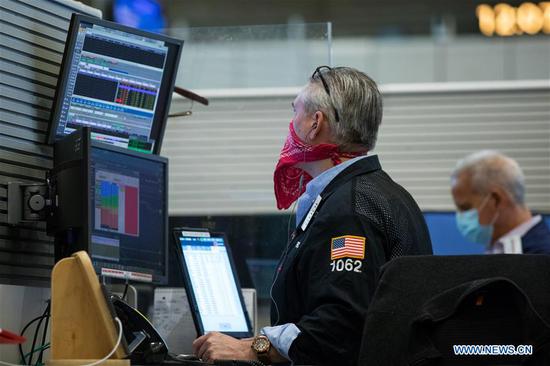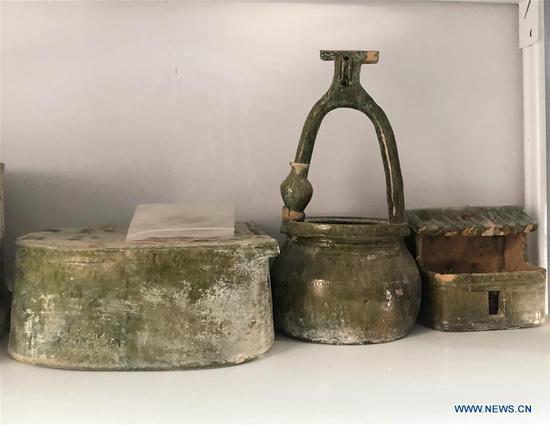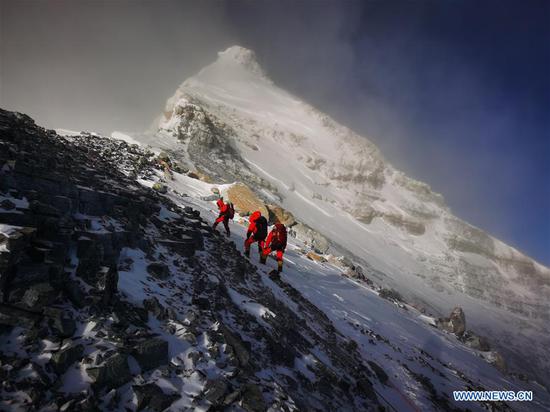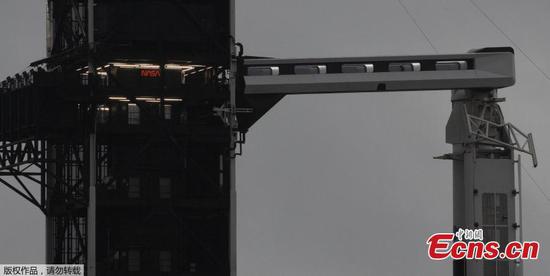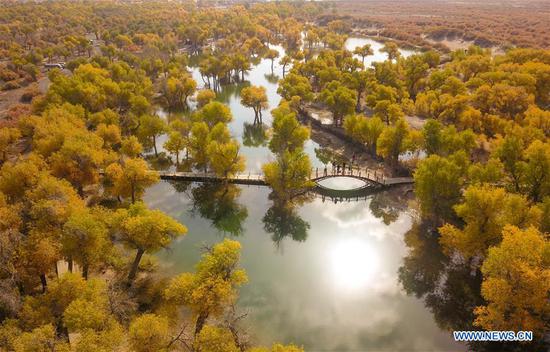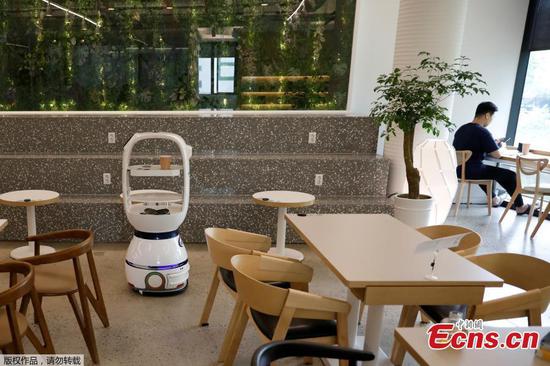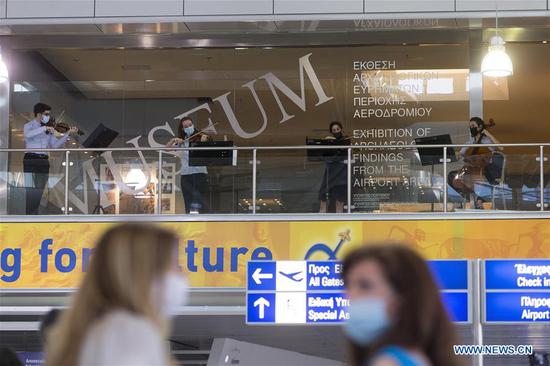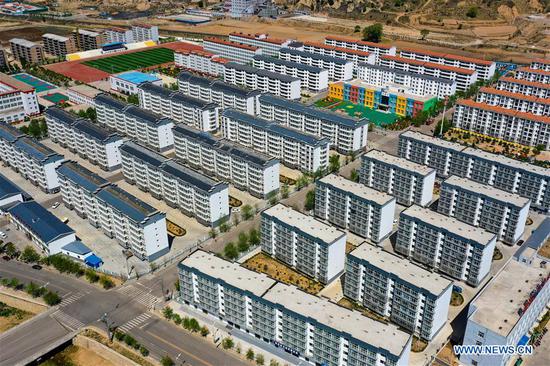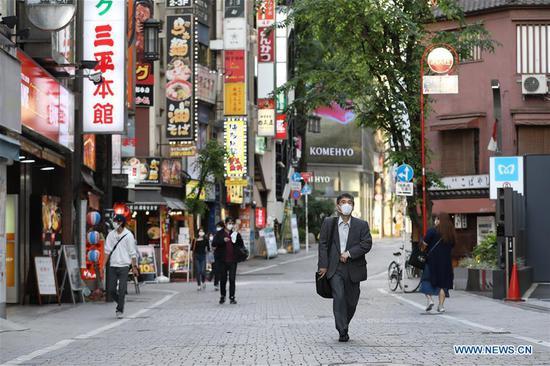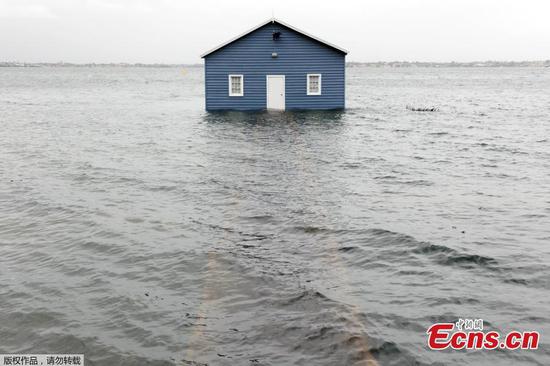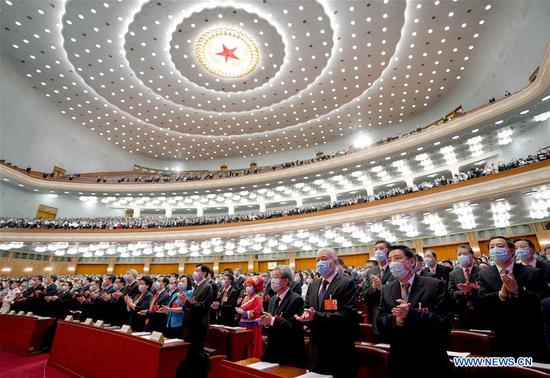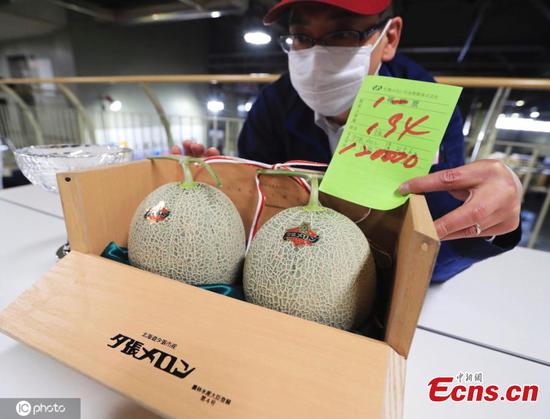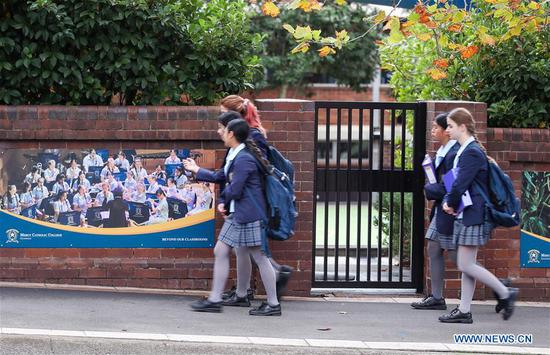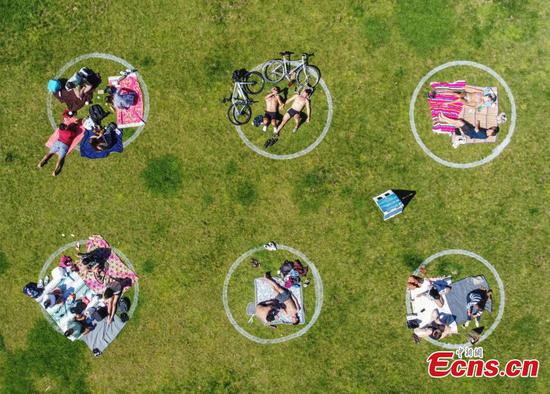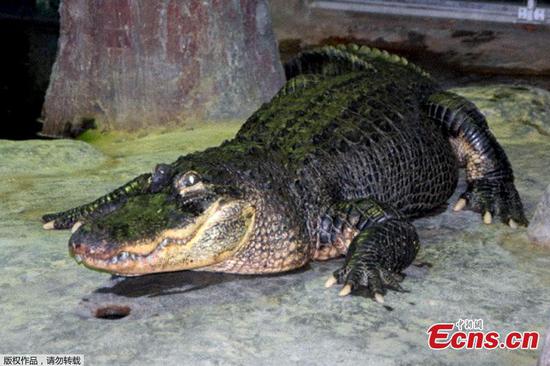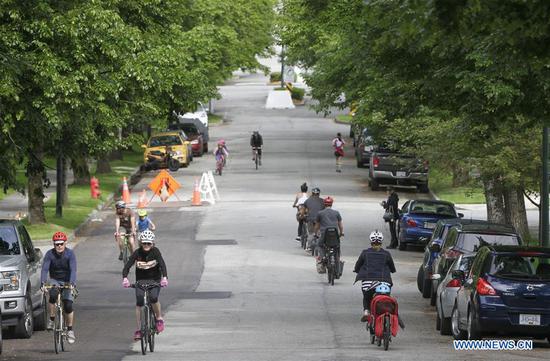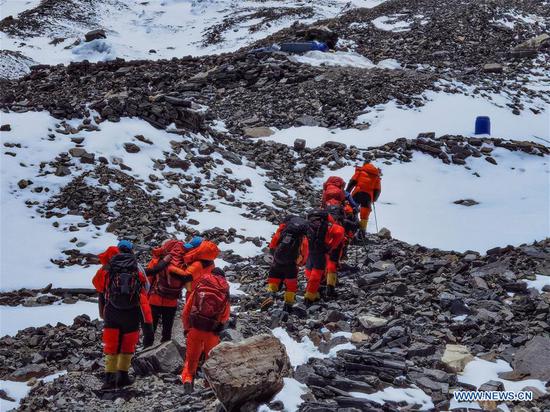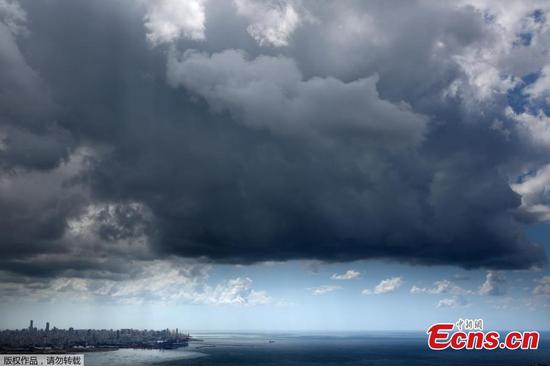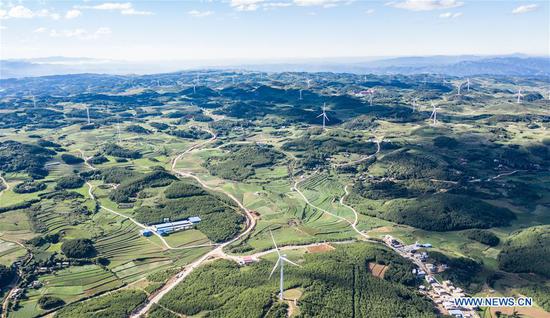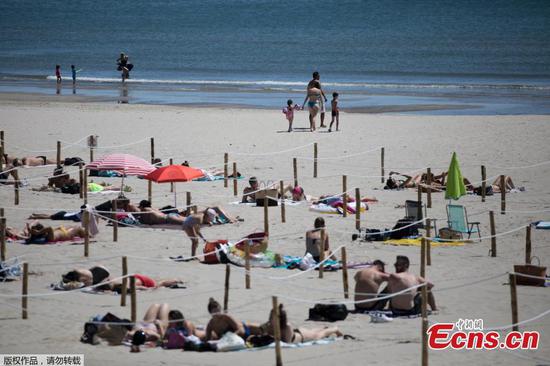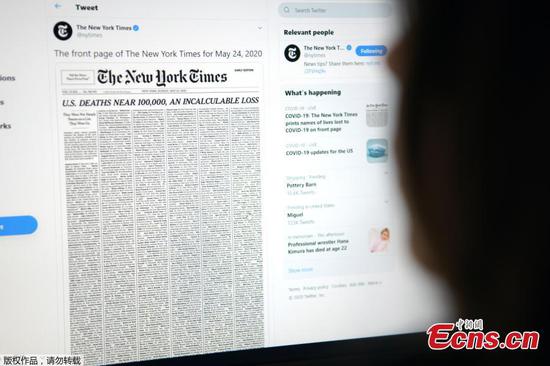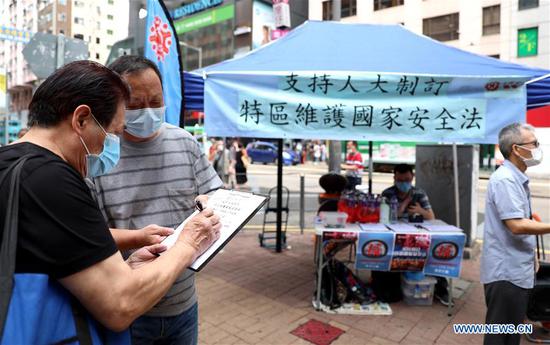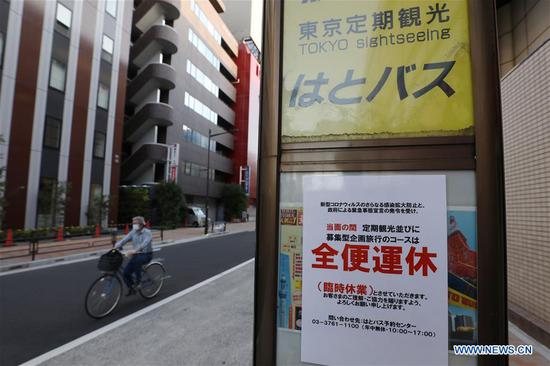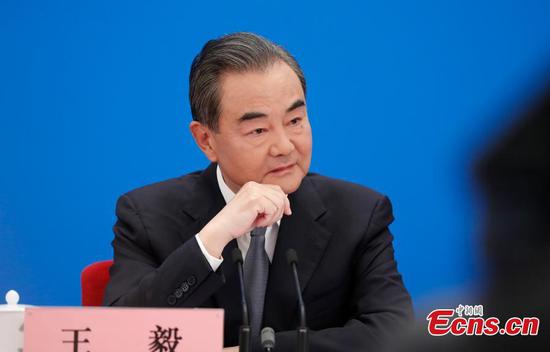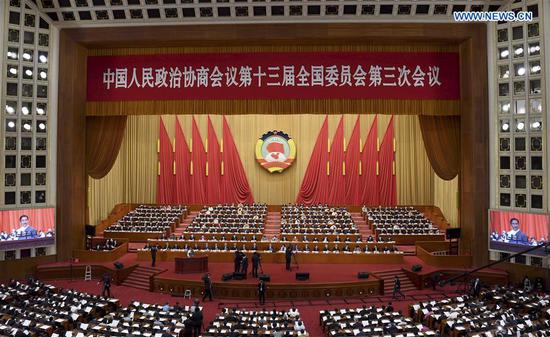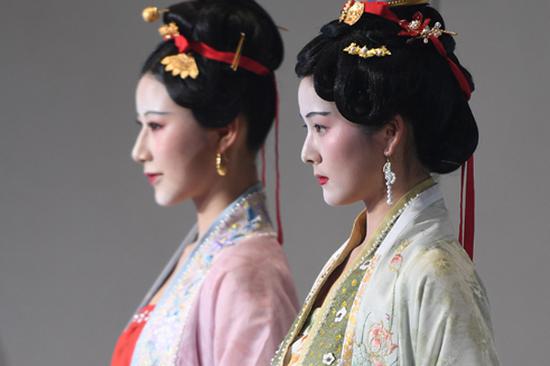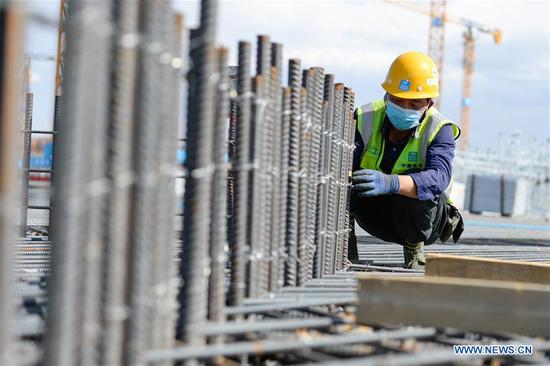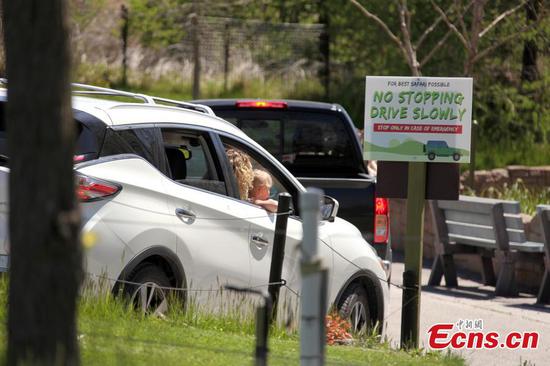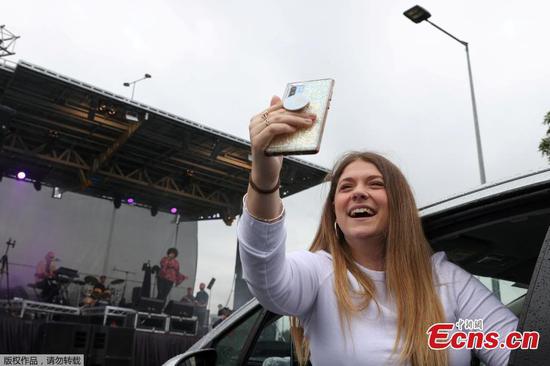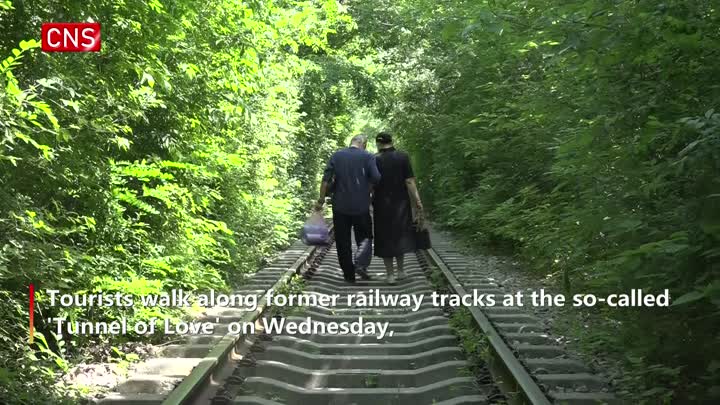The COVID-19 pandemic and the racism that has taken place against Asian Americans have reinforced the belief among leaders of local Chinese American communities that their members must take part in the U.S.' 2020 Census, said Nancy Yao Maasbach, president of the Manhattan-based Museum of Chinese in America.
"Since the outbreak, we've noticed a considerable underreporting of hate crimes. Many Asian Americans have silently endured the racist attacks and abuse, physical or verbal. And imagine how many microaggressions must have happened?" she said. "To take part in the census – this to me is another way to go around the mountain. You get yourself counted in the census, then you have a different power in the city because together, you are a stronger group."
Her view was echoed by Elizabeth Ouyang, a high-profile civil rights attorney who teaches at Columbia and New York universities.
"Documented or undocumented, every one of us should fill out that form," said Ouyang, daughter of Chinese immigrant parents. "A lot of people don't know that you don't have to be a citizen to complete the census – you can just be a resident of the United States, and that funding for healthcare and education is really predicated on the numbers in our community."
"The data is also referred to when it comes to matters of flu shots, which we take every year," she continued. "Once the vaccine (for COVID-19) is approved, it's going to be distributed across the country based on these numbers."
Yao, Ouyang and many other longtime activists of New York's Chinese American communities are working hard to spread that message.
"Before COVID-19, our strategy was to be on the street corner interacting with people – giving them forms and showing them how to do it. We were also having many pop-ups at MOCA programs so that we could talk to people directly. But the pandemic has changed everything," said Yao Maasbach. "Since March of this year, MOCA has pivoted its census-outreach strategy in various ways, including phone banking in English, Mandarin and Cantonese to residents in Sunset Park and Bensonhurst. We've also launched the Chinese-language social media-outreach campaign on WeChat."
But the most challenging part is reaching "those who are not obvious, who for whatever reason are removed from the communities".
Yao Maasbach said that although the census hotline exists, there are mental hurdles for many to use it, especially those who are monolingual or undocumented or both. The pandemic has only worsened the situation.
"We have a president who openly and repeatedly called this virus the Chinese virus; no wonder racial violence against Asian Americans has erupted across the country," said Yao Maasbach. "There's a lot of fear around, especially with this administration."
The museum has teamed up with local NGOs dedicated to the Asian and Chinese American populations. MOCA-designed fliers explaining the crucial relationship between COVID-19 and the 2020 Census are put into food bags and delivered by volunteers to the doorsteps of those who are largely confined at home due to physical and mental vulnerabilities.
Meanwhile, in the neighborhoods of Sunset Park and Bensonhurst, where foot traffic predominantly consists of Chinese-speaking residents, eight grocery stores have agreed to be distribution points for the MOCA census fliers.
"With grocery stores being one of the only places still open to the public, they are now the census messengers on the front lines," said Yao Maasbach.
The museum has been seeking advice from Ouyang, who was once appointed by president Bill Clinton to serve as a special assistant to the U.S. Commission on Civil Rights. "We are assuring and reassuring people that whatever information they put on the census form will never be used against them," she said. "Federal law protects one's census response. Wrongful disclosure of census information could led to a fine of up to $250,000 or a maximum jail sentence of five years."
In June 2019, the U.S. Supreme Court decided that the question "Are you a U.S. citizen?" will not appear on the 2020 Census form.
"It was not there during the 2010 Census, but the Trump administration wanted to add it to the current census," said Ouyang who, together with some others, led advocacy efforts to successfully remove that question from the 2020 Census.
"The court found that the whole idea (of the question) is contrary to what the census is all about – a complete and accurate mapping of the entire population."
"In Manhattan Chinatown, where Chinese Americans are 50 percent of the population, there's a 34.4 percent response rate. And the average response rate for Manhattan borough is 40.3 percent," she said.
The last nationwide census, which put the number of Chinese Americans at around 4 million, was conducted in 2010. And Ouyang estimated that the number now has risen to "6 million at least".
"We have been undercounted decade after decade, and the current census result will be good for 10 years," said Yao Maasbach. "It's more urgent now than ever before that we should work together toward one goal: greater and truthful representation. Because we have suffered much more than others, we can't be afraid."









